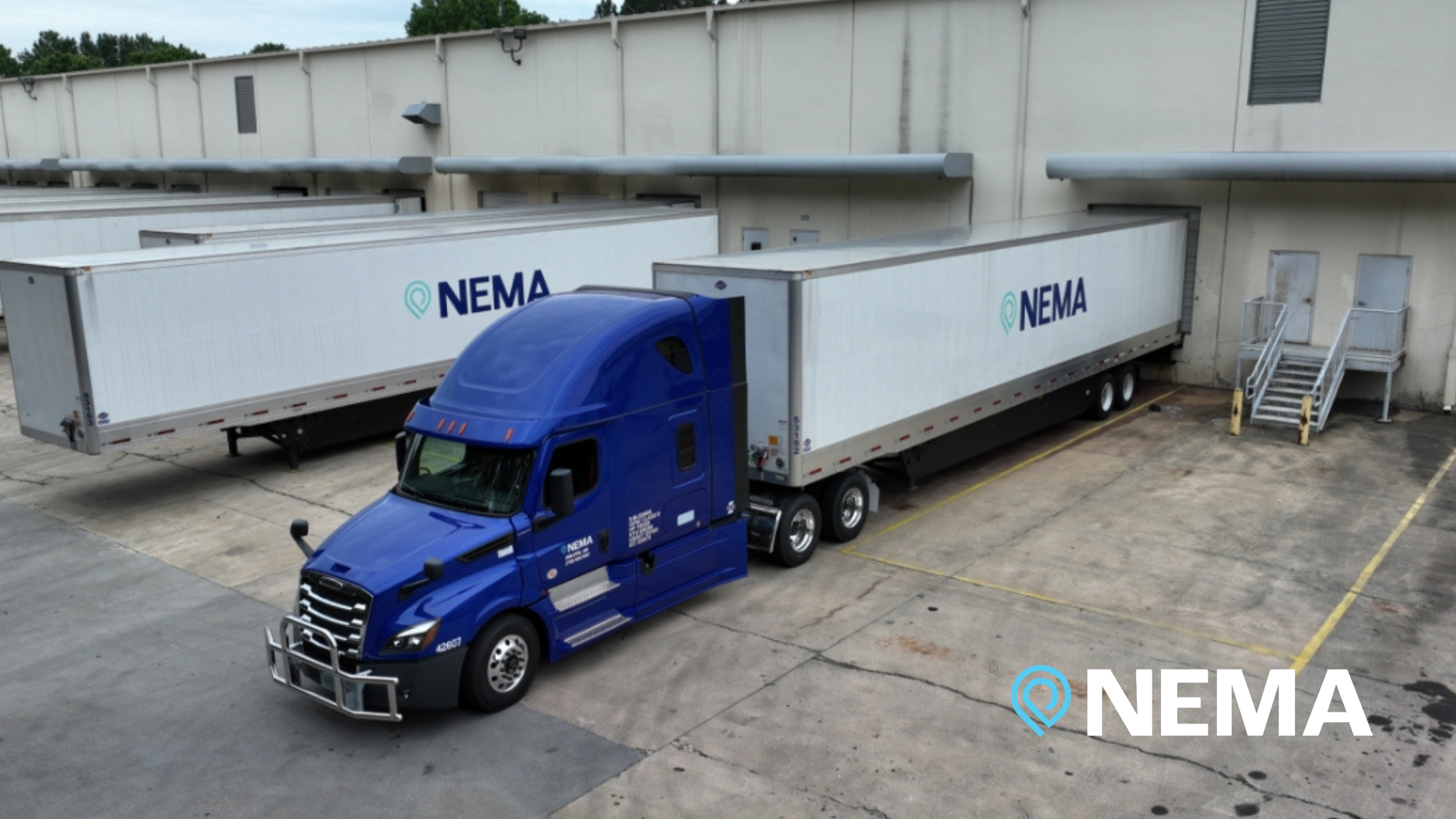
In today’s globalized economy, supply chain resilience is no longer a luxury—it’s a necessity. Increasing geopolitical tensions, climate change, and unexpected disruptions like the COVID-19 pandemic have underscored the vulnerabilities inherent in traditional supply chain models. Organizations must proactively build resilient networks to navigate uncertainty and ensure business continuity.
At NEMA, we understand the importance of a robust supply chain strategy. By leveraging cutting-edge technologies and forward-thinking approaches, companies can mitigate risks and maintain operational stability. Here’s how.
Diversifying Sourcing and Transportation Options
Relying on a single supplier or a limited transportation route can be a significant risk. Diversification spreads that risk by sourcing materials from multiple suppliers across various regions. Businesses should:
- Identify alternative suppliers in different geographies to reduce dependency on any one region.
- Develop multi-modal transportation networks using a combination of air, sea, rail, and ground transport.
- Leverage regional distribution centers to enhance flexibility and reduce delivery times.
Utilizing Technology for Predictive Analytics and Risk Assessment
Advanced technologies provide valuable insights to anticipate and manage risks effectively. With predictive analytics, companies can identify potential disruptions before they occur. These tools can help with:
- Real-time data analysis to detect trends and predict disruptions.
- Scenario modeling to assess the impact of various risk events.
- Automated alerts and dashboards for quicker decision-making.
NEMA offers state-of-the-art solutions to help companies harness data for improved supply chain resilience.
Developing Contingency Plans for Disruptions
A comprehensive contingency plan is critical for responding swiftly to disruptions. Businesses should establish protocols for various scenarios, including natural disasters, cyberattacks, and geopolitical crises. Key elements include:
- Risk identification and prioritization to focus on the most likely threats.
- Crisis management teams with clear roles and responsibilities.
- Communication strategies to ensure timely updates to stakeholders.
- Inventory buffers and alternative logistics arrangements to minimize downtime.
Building Strong Supplier Relationships
Collaboration and transparency with suppliers are foundational to a resilient supply chain. Strong partnerships provide greater visibility, agility, and responsiveness in times of crisis. Best practices include:
- Regular risk assessments in partnership with key suppliers.
- Joint scenario planning to develop coordinated response strategies.
- Long-term contracts that promote trust and mutual investment in resilience.
Partner with NEMA for Future-Ready Supply Chains
At NEMA, we are committed to helping businesses build resilient supply chains that withstand the challenges of an unpredictable world. Our expertise in risk management, technology integration, and strategic planning ensures that your operations remain agile and secure.
Prepare for the future by strengthening your supply chain resilience with NEMA. Contact us today to learn how we can help you navigate uncertainty with confidence.



